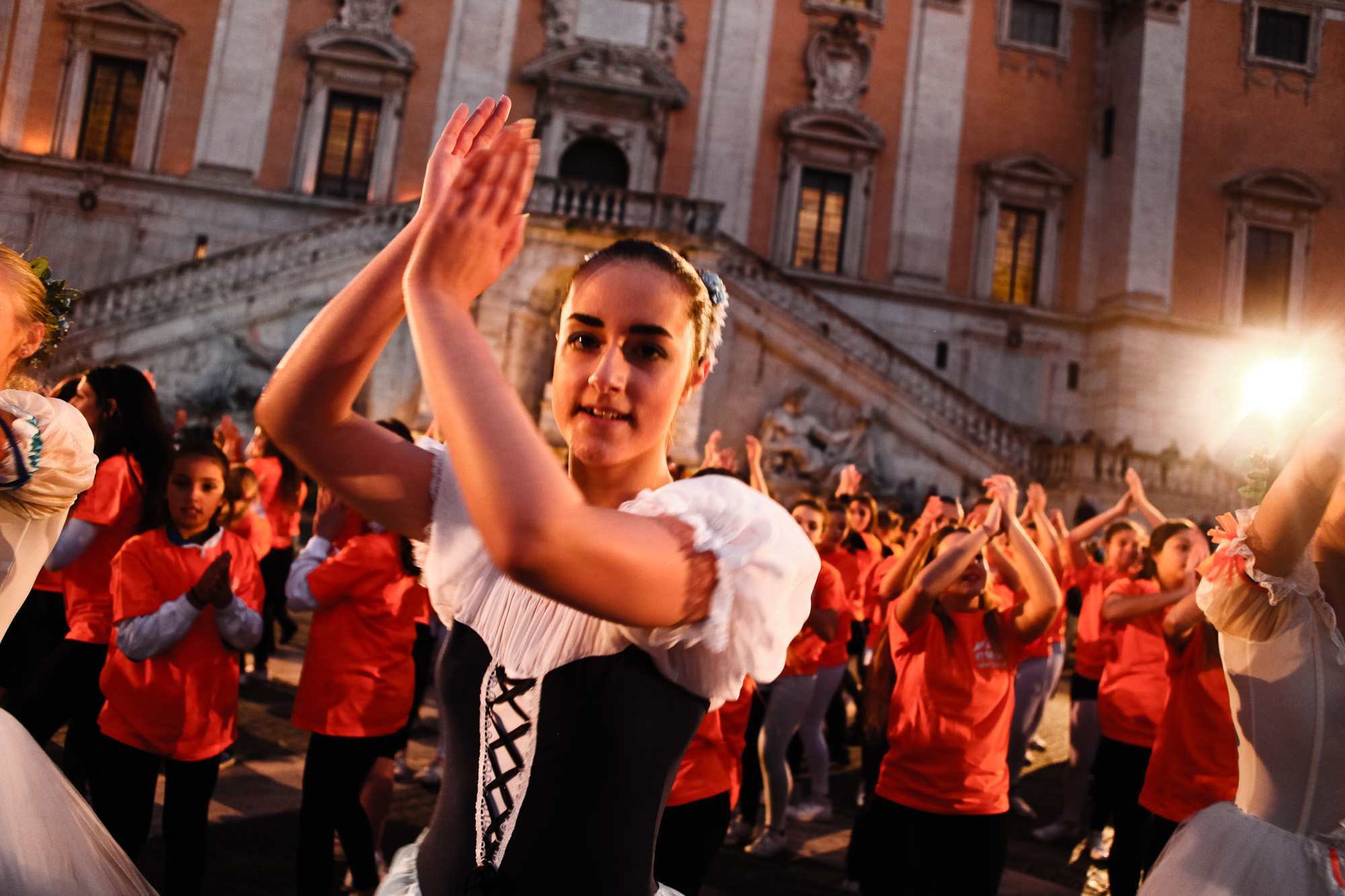When we talk about inactivity we often refer to children and adolescents, knowing that 4 out of 5 European youngsters are not active enough. Meanwhile, we rarely think of elderly people aged 60+ who, willingly or not, are often subject to problems associated with inactivity. One of the MOVE Congress workshops was dedicated to the involvement of elderly people in sport and physical activity as part of the broader topic of reaching the hard-to-reach through effective initiatives and campaigns.
Elderly people as a target group have specific challenges ranging from ingrained habits, deteriorating physical condition, financial difficulties or social disintegration. The MOVE Congress participants had the opportunity to get acquainted with three initiatives implemented successfully in UK, Belgium and Denmark which demonstrate how to engage elderly people in physical activity. The key to their success is the effective partnerships they have formed with local stakeholders and the tailor-made solutions the offer to the local citizens.
Discounts matter for elderly people
Gerry Campbell from South Lanarkshire Leisure and Culture in Scotland said that one of the biggest difficulties was to change the elderly people’s habits to help them live more actively, and that monetary incentives could be an attractive way to break through this barrier. Accordingly, is organisation has introduced an ‘Activage’ card for people above 60, offering them unlimited access to indoor leisure facilities for a reduced price of £51.50 per year.
Peer education and belonging to a group are great motivators
Apart from reduced fees, elderly people can also be motivated to be more active by their peers. The Every Step Counts campaign organised by OKRA Sport in Belgium challenges elderly people to set daily personal walking goals and to share them with peers. The walking campaign is based on education of peer ambassadors who spread the message in their communities.
“The hardest-to-reach group are people who are not convinced that they need to be moving. They are convinced that their dogs should be moving but do not consider themselves as part of this movement,” said Ingrid Peeters from OKRA Sport (pictured above).
This is why OKRA Sport has put a lot of effort in face-to-face communication with elderly people and in educating advocates for active lifestyles among the elderly. The Every Step Counts campaign aims to respect the elderly participant’s personal autonomy, encourage them to belong to a group of active peers and develop their skills so that they are more confident that they are capable of doing different types and levels of physical activity.
Introducing Walking Football was a good move for the initiative, Peeters said. The traditional rules of football are modified in the game so that elderly people can chase the ball by walking. This broadens the opportunity for them to be active participants in the game and to have fun.
Every Step Counts is part of ISCA’s MOVE Transfer and Moving Age programs. It is about to be transferred for implementation in the prison setting.
Right exercises for the right people
Another successful practice carried out in partnership with volunteers, local hospital and municipality was presented by Jette Nielsen, the owner of a sports club for elderly people in the municipality of Greve, Denmark. Its main objective was to engage in a long-term programme for people aged 60+ who go through rehabilitation but often quit exercising after the end of the rehabilitation period. The initiative, developed in partnership with the municipality and local therapists, proved to be a success as around 70% of the elderly participants continued to visit the sport club after their rehabilitation period. The sport club, which at present has about 1,200 members aged 60 – 93, offers a reduced fee of 113 euro per year for unlimited access to its elderly clients. In addition, the municipality covers the fee for some people thus also encouraging members of socially disadvantaged groups to be active.
Important elements of the project’s success are the tailor-made exercise programmes and social events which are inevitable part of the club’s life. The elderly visitors to the club are divided into groups according to their physical condition and are offered appropriate exercises to keep them active. Regular celebrations and outside activities are organised to keep the groups’ spirits high. All participants scored better physical test results after a certain period of training and reported improvement of their mental and physical health and a better social life quality.
More information on MOVE Congress sessions can be found at the official website https://www.movecongress.com/
By Ralitsa Zhikova
MOVE Congress highlights: Keeping the elderly active
When we talk about inactivity we often refer to children and adolescents, knowing that 4 out of 5 European youngsters are not active enough. Meanwhile, we rarely think of elderly people aged 60+ who, willingly or not, are often subject to problems associated with inactivity. One of the MOVE Congress workshops was dedicated to the […]

